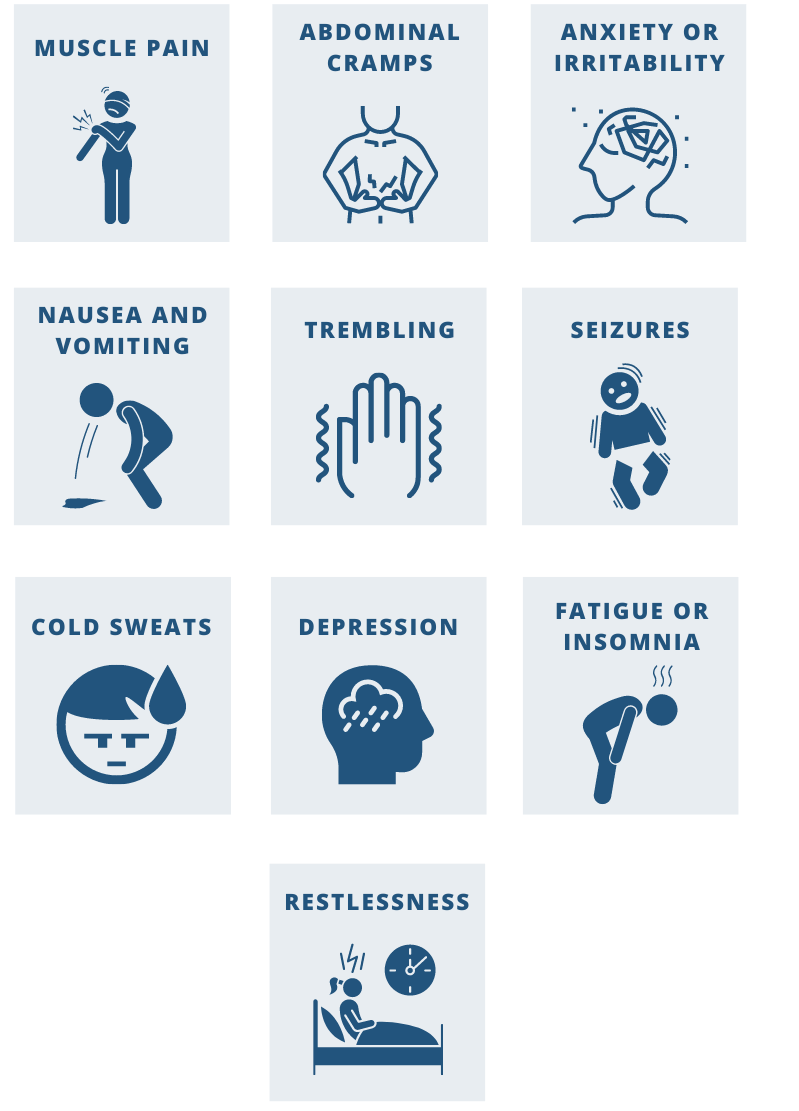Watching a family member or close friend battle addiction repeatedly is certainly frustrating to say the least. Witnessing a loved one endure multiple failed attempts to get sober may cause loved ones to lose sleep, suffer from anxiety, and even depression. Additionally, it is common for family members and friends to not understand why their loved one can’t stop using drugs. Unfortunately, people suffering from addiction or alcoholism suffer from a condition referred to by the medical community as a substance use disorder. As a result, quitting drugs or alcohol is an extremely difficult task that may take a long time. For this reason, you may have to consider staging an intervention for someone who has relapsed.
If your loved one continues to relapse, it may be time to plan an intervention. Interventions are extremely helpful in painting a picture of how your loved one’s addiction has affected their family and themselves. Sometimes, addicts and alcoholics are in denial about their substance abuse or believe that it isn’t harming anyone. Interventions allow family members to express their concerns in a loving and supportive way, in hopes of convincing the addict to get clean again. If your loved one has relapsed, it is vital that you understand addiction, why people relapse, and how to hold an effective intervention for a friend who has relapsed.
The Disease of Addiction
While each drug works differently on the brain, there are essentially two mechanisms at work. One way that drugs affect the brain is by imitating certain neurotransmitters, creating feelings of euphoria. On the other hand, a substance may disrupt the production and absorption of neurotransmitters that occur naturally, in order to increase or prolong euphoria. Either way, the side effects will be the same.
Over time, the brain will adjust to the changes caused by a substance. As a result, the person will need more of the drug to produce the same results. This phenomenon is referred to as tolerance. As tolerance increases, the body becomes dependent upon the substance. Oftentimes, this will cause an individual to continue using drugs in order to feel pleasure or emotion. Quickly, individuals develop psychological and physical withdrawal symptoms that appear after stopping their substance abuse or attempting to get sober.
Common symptoms of withdrawal include:

The disease of addiction is a chronic and progressive disease for which there is no cure. However, there are addiction treatment options that allow individuals to regain control of their life and health. While the decision to abuse drugs may be out of their control, recovery is within reach with the proper incentives.
Why Do People Relapse?
Since addiction is a chronic disease, individuals typically require treatment on an ongoing basis. For example, someone suffering from diabetes may experience dangerous blood sugar spikes, requiring them to go to the doctor and adjust their diet, medication, or exercise regimen. Similarly, those with depression may experience a worsening of symptoms, causing them to speak with their psychiatrist about adjusting their medication or coping mechanisms. Addiction and alcoholism work in the same way. For any chronic disease, the need for modification is not a sign of the failure of treatment, rather, a setback or learning opportunity.
When an individual experiences relapse, adjusting their treatment plan and learning new coping mechanisms will help them stay on the road of recovery. Effective treatment adjustments range from attending inpatient addiction treatment to increasing attendance of support groups like Alcoholics Anonymous. Additionally, some individuals may need to back adjustments to their personal relationships and social lives. Equally important, attending extra counseling in order to manage co-occurring disorders can help individuals end their desire to use drugs.
Each person who battles substance use disorder is an individual, unique in their own way. Therefore, each treatment plan should be individual, depending on personal circumstances and situations. The most important thing to remember about relapse is how to recognize the signs. In doing so, you will be able to provide your loved one with help as quickly as possible.
Signs of Relapse in Addiction Recovery
While there are many symptoms of drug addiction and drug relapse, there are a few basic signs to be aware of. For example, a person who relapsed may stop attending therapy appointments or support group meetings. It is also common for individuals who have relapsed to begin neglecting responsibilities or hobbies that they once enjoyed.
Some of the signs of relapse include, but are not limited to:
- Abandoning work or school responsibilities
- Lethargy, depending on the drug being used
- Rapid speech
- Decrease in appetite
- Weight loss
- Slurred speech
- Depression
- Paranoia
- Appearing intoxicated
- Slowed breathing
- Poor judgment
- Lack of interest in activities that are usually pleasant
Not every person who has relapsed will display all of these symptoms. After all, some individuals who abuse drugs are excellent parents or employees. Others may continue to enjoy their typical hobbies and maintain their social lives. However, you know your loved one best. If you suspect that your loved one has relapsed, use your best judgment to decipher whether they are behaving in a similar manner as before they got sober.
Hosting an Intervention for Someone Who Has Relapsed
If a relapse involves more than a single use of substances, your loved one may be experiencing a significant relapse. As a result, they may disregard what they learned during their treatment, causing them to revert back into old patterns of thinking. When this happens, an intervention may be necessary in order for their recovery to resume. An intervention – by definition – is a process in which you express your love and support for your loved one, whilst letting them know the impact their addiction has had on their life and yours.
When preparing an intervention for someone who has relapsed, an interventionist will educate you and your family about the disease of addiction while preparing you to confront your family member. If your loved one has relapsed, you may be wondering what happens during an intervention. To explain, each family member will write a letter explaining how the disease of addiction has changed the individual and how it has affected that family member.
The family members will typically end their letters with an ultimatum explaining that the addict needs to accept help or suffer specific consequences, such as:
- If you don’t get help, I will not give you money.
- You can not stay in my home if you don’t get help.
- If you don’t get help, I can’t allow you around my children.
- I can’t watch you destroy yourself anymore, so if you do not get help, I can’t spend time with you.
- If you don’t get help, I will have to contact the authorities when you steal from me, steal from others, or are in possession of drugs.
The individual who has suffered the relapse listens to their family members and/or friends read their letters during the intervention. Then, after all of the letters have been read, the family members ask if their loved one is willing to receive treatment. If the answer is yes, they should be taken to an addiction treatment facility immediately. However, if the individual refuses treatment, family members must live up to the ultimatums they have given. Ultimately, although you can stage an intervention for someone who has relapsed, you can’t force them to get sober.
Professional Addiction and Alcoholism Interventions for People Who Have Relapsed in New Jersey
An intervention is a stressful, emotional, and chaotic event when handled improperly. As a result, having the assistance of a professional interventionist is recommended in order to make the process run as smoothly and effectively as possible. If you believe that your loved one has relapsed and needs an intervention for substance abuse, give us a call to learn about how we can help.
Medically Reviewed: May 11, 2020

All of the information on this page has been reviewed and verified by a certified addiction professional.

